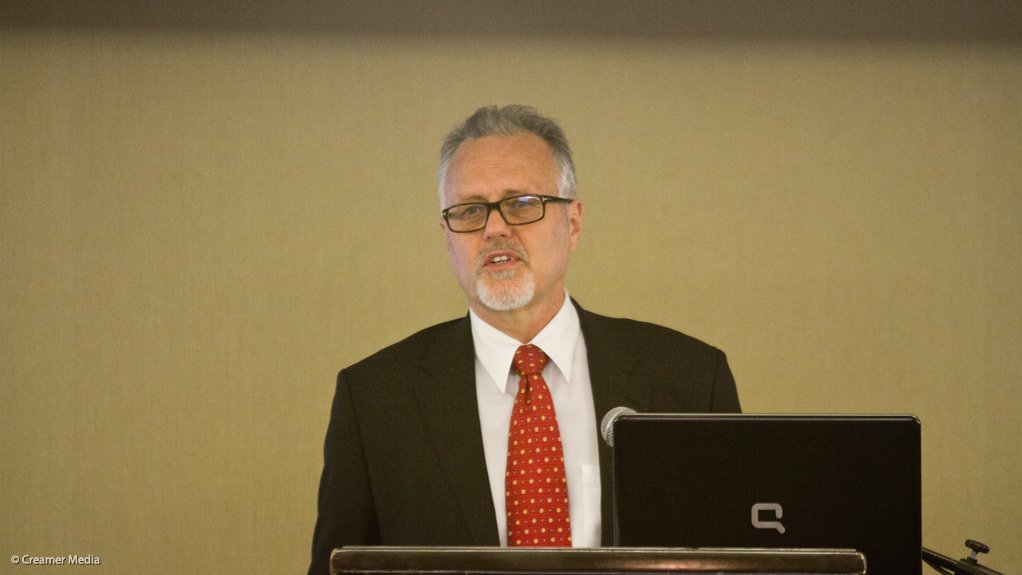- South Africa’s Electricity Choice1.82 MB
Not just Russian but any nuclear new build is a poor choice for South Africa, Rocky Mountain Institute chief scientist Amory Lovins and University of Cape Town (UCT) emeritus professor Anton Eberhard argue in a newly released occasional paper published by the UCT Graduate School of Business
Titled ‘South Africa’s Electricity Choice’, the paper warns that, owing to the inherent complexity of nuclear procurement, financing and construction, no new nuclear-generated electricity could flow for at least a decade, even if procurement were to begin immediately.
The authors add that the price of nuclear power would be well above that of other generation or demand-reduction options and that there was the added risk that the project could collapse as a result of corruption, or because nuclear plants could become “unfinanceable”.
“Nuclear cannot compete with energy efficiency and renewable energy by every relevant measure: cost, timeliness, financing, jobs, economic development, environmental and safety risk, independence, security, abundance of eternally free local energy sources, and the social good of ‘energy democracy’,” Lovins and Eberhard assert.
The paper has been published amid rising concern over the affordability of any possible nuclear build programme, particularly in light of Eskom’s current financial predicament, which has been self-described as “dire”. Eskom operates Africa’s only nuclear power station at Koeberg, in the Western Cape, and has also been designated the owner and operator of any new nuclear plants.
Newly elected African National Congress president, Cyril Ramaphosa, echoed these concerns at the World Economic Forum in Davos, Switzerland, where he said South Africa had “no money” to proceed with a major nuclear energy programme.
Ramaphosa’s statement contrasted with those made previously by President Jacob Zuma and Energy Minister David Mahlobo, who both indicated in December that nuclear would form part of any future generation mix, but would be added at a “pace and scale” that the country could afford.
There is also strong speculation that the Zuma administration favoured a Russian bid to build the new nuclear capacity, despite strenuous denials that any deal had been concluded and promises that any procurement would proceed on the basis of full transparency.
Lovins and Eberhard use the paper to tackle the five reasons that South African nuclear advocates frequently cite as reasons why nuclear will be affordable, including that: vendors are eager to sell; vendor financing might come at low cost and long debt tenors; higher prices or subsidies are worth paying for such a ‘strategic input’; that South Africa is ‘ideally positioned’ to help satisfy the African continent’s appetite for nuclear energy; and that South Africa will presumably proceed with a more sensible risk perception than is the case in many other Western countries, where nuclear is over regulated.
Drawing on public domain information, the authors conclude that sales-starved nuclear vendors are offering “ever-less solvent customers” risky projects that the sellers are unable to finance and for which the customers cannot pay.
“South Africans deserve, and politics or markets will ultimately deliver, reliable and affordable electrical services – enough, for all, forever. At issue is how much money, time, and opportunity for national advancement will be lost before South Africa finally abandons the folly of procuring new nuclear power plants,” the authors conclude.
EMAIL THIS ARTICLE SAVE THIS ARTICLE ARTICLE ENQUIRY
To subscribe email subscriptions@creamermedia.co.za or click here
To advertise email advertising@creamermedia.co.za or click here











